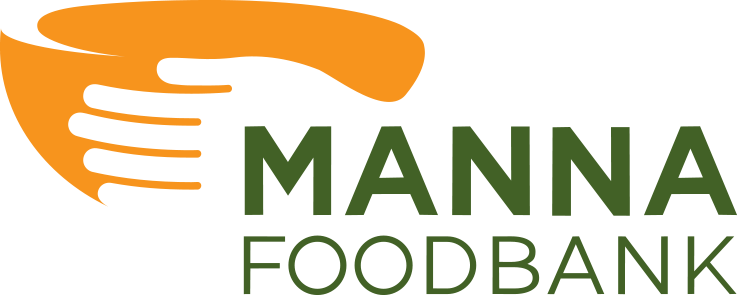A Look at Important Anti-Hunger Legislation for Children
The school year has ended, and summer has unofficially begun. While this might bring to mind images of an ideal summer, like melting popsicles, beach vacations, and long days of playing with friends, the reality is very different for many children right now. Summer is a time when many kids go home to a bigger worry – where will their next meal come from?
Nearly 12 million children in the United States face that reality. It’s hard to hear how many children experience food insecurity right here in Western North Carolina, but the hard truth is that 1 in 4 children are facing an empty plate at some point during the year, and this is truer in the summer, when students are away from school…and daily school meals.
 Vital federal legislation helps bridge the food gap for tens of thousands of children every day through the Free School Meals program for children of school age, as well as the Women, Infants, and Children (WIC) program for children who are not yet school age. These two important anti-hunger initiatives are managed and funded through the Child Nutrition Reauthorization legislation.
Vital federal legislation helps bridge the food gap for tens of thousands of children every day through the Free School Meals program for children of school age, as well as the Women, Infants, and Children (WIC) program for children who are not yet school age. These two important anti-hunger initiatives are managed and funded through the Child Nutrition Reauthorization legislation.
As a nonpartisan nonprofit focused on highlighting the issues that impact our community, and as part of our efforts to end hunger in WNC, MANNA participates in advocacy action around important anti-hunger legislation. At the federal level, two main legislative bills account for most of the nation’s anti-hunger initiatives: The Farm Bill, which manages the Supplemental Nutrition Assistance Program (SNAP), otherwise known as food stamps; and the Child Nutrition Reauthorization, which authorizes federal school meal and child nutrition programs.
Child Nutrition Reauthorization (CNR) legislation helps ensure that children can have regular access to food through the School Breakfast Program and the National School Lunch Program. Every five years, Congress reviews the laws governing these programs through the reauthorization process. Reauthorization provides an opportunity to improve and strengthen these programs to better serve the nation’s children in pre-school, school-based, and out-of-school settings. The current law, the Healthy, Hunger-Free Kids Act of 2010 (Public Law 111-296), expired on September 30, 2015. (Congress includes the funding levels to maintain the programs through the annual appropriations process, which allows the child nutrition programs that are not permanently authorized, such as the Summer Food Service Program, to continue operations when a reauthorization is delayed.)
 Prior to the pandemic, low-income students could apply to receive free or reduced-price meals at school. When the pandemic hit and food insecurity – particularly among families with children – exploded, these regular school meals were made free to all students. This had several effects: it made the school meal program more accessible to students whose families might not have applied and whose families might not have qualified but still experienced a need; and it removed the stigma from being singled out for receiving free school meals. These two impacts – increased food access, and reduced stigma – are at the core of what is needed to relieve, and ultimately end hunger in the United States.
Prior to the pandemic, low-income students could apply to receive free or reduced-price meals at school. When the pandemic hit and food insecurity – particularly among families with children – exploded, these regular school meals were made free to all students. This had several effects: it made the school meal program more accessible to students whose families might not have applied and whose families might not have qualified but still experienced a need; and it removed the stigma from being singled out for receiving free school meals. These two impacts – increased food access, and reduced stigma – are at the core of what is needed to relieve, and ultimately end hunger in the United States.
Pandemic-era child nutrition waivers have helped provide year-round access to much-needed nutrition for millions of children. However, families are facing a cliff: if the waivers aren’t extended beyond their June 30 expiration, summer and afterschool meals sites will face deep challenges, including closures — translating to taking away meals that families are relying on to keep their kids nourished. In the midst of soaring gas prices, grocery costs, and growing housing costs, WNC families are caught in a perfect socioeconomic storm, and even for families working full time, the numbers simply don’t add up.
MANNA joins Feeding America, Food Research & Action Center, and other food banks, pantries, schools, and individual food relief advocates in working together to educate and encourage elected officials to strengthen child nutrition programs, especially during out-of-school times when children are hard to reach. We invite you to join us, and add your voice to the call for ensuring that children right here in WNC can grow, develop, and thrive with the help of these important national child nutrition actions.






